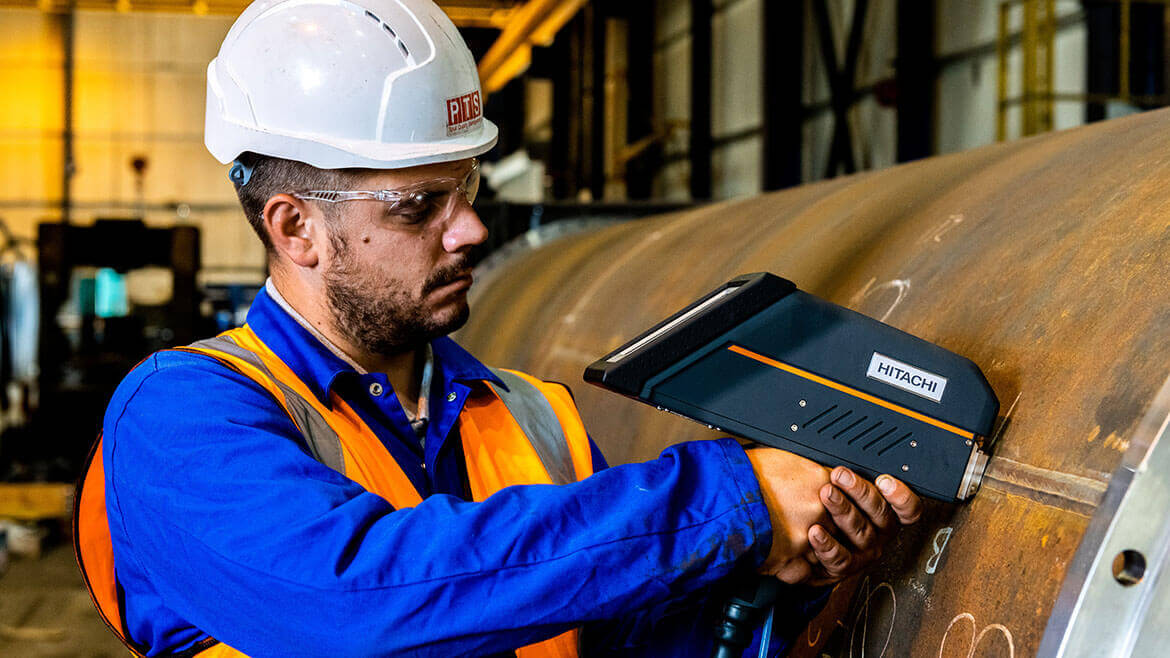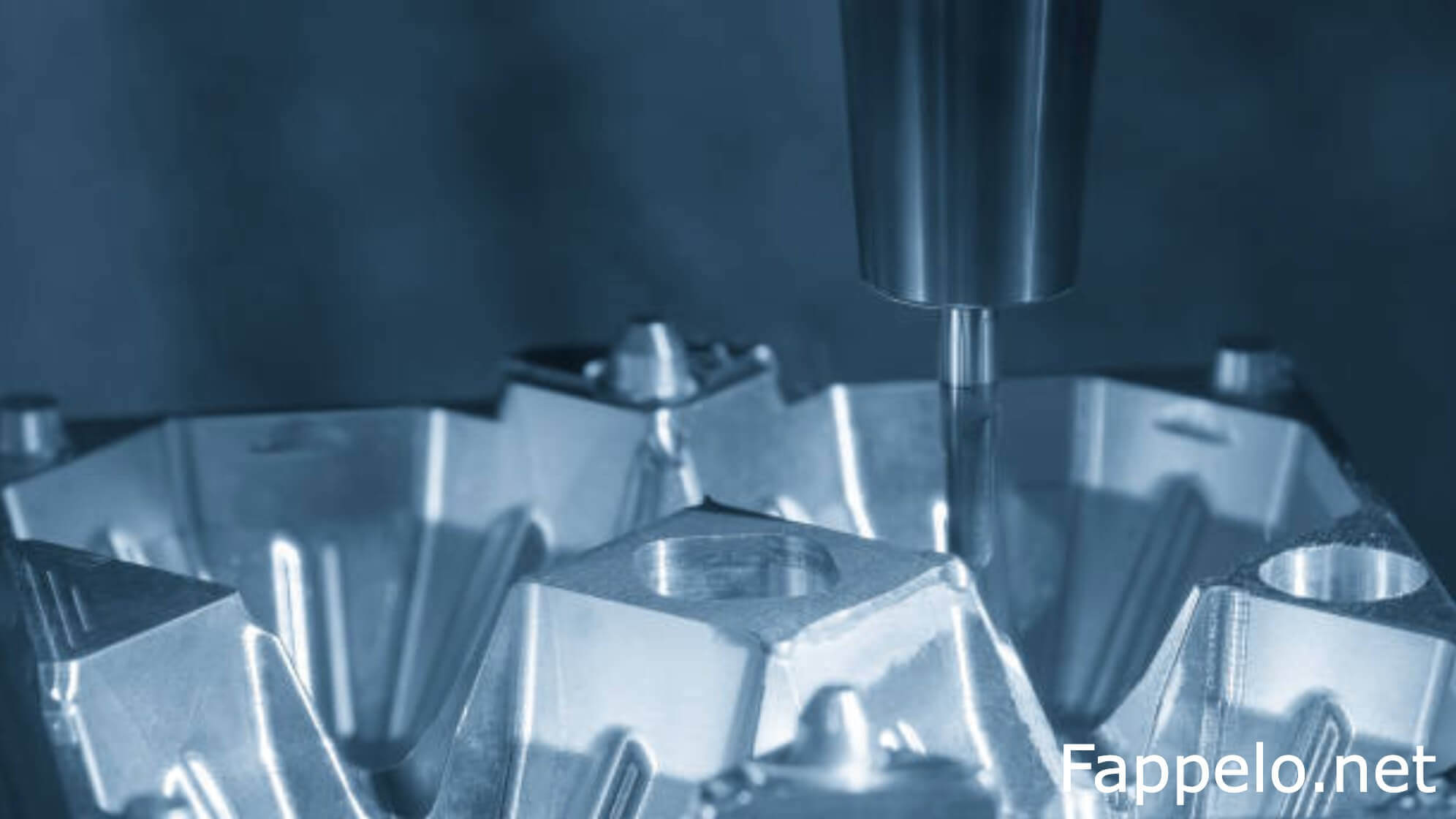In manufacturing, the integrity and quality of materials play a critical role in ensuring product reliability and safety. Positive Material Identification (PMI) testing has become an essential tool for verifying material composition and maintaining stringent quality control standards. This non-destructive testing method ensures that the right materials are used in production, reducing risks and enhancing overall performance. Here’s how PMI testing contributes to quality control across various manufacturing industries.
What Is PMI Testing?
Positive Material Identification (PMI) testing is a non-destructive method used to determine the chemical composition of materials, primarily metals and alloys. By analyzing elements such as carbon, nickel, chromium, and molybdenum, PMI testing verifies that the material matches the specified grade or standard required for a particular application.
Common PMI testing techniques include:
- X-ray Fluorescence (XRF): Uses X-rays to determine the elemental composition of materials.
- Optical Emission Spectroscopy (OES): Employs a spark source to excite material atoms, identifying their spectral signatures.
Both methods provide accurate and reliable results, making PMI testing a cornerstone of quality assurance in manufacturing.
Ensuring Material Integrity
Material integrity is crucial for manufacturing products that meet performance and safety standards. PMI testing verifies that the raw materials used in production conform to the required specifications. This process eliminates the risk of material mix-ups, which could compromise the structural integrity of the final product.
For example, in industries such as aerospace and automotive, even minor variations in material composition can lead to failures under stress. PMI testing ensures that every component meets the required standards for strength, durability, and corrosion resistance.
Maintaining Compliance with Industry Standards
Manufacturers are often required to meet strict regulatory and industry-specific standards. PMI testing helps ensure compliance with standards such as ASTM, ISO, and ASME, providing documentation that materials have been properly verified.
This level of traceability not only protects manufacturers from liability but also builds trust with clients and end-users who depend on the quality of the products.
Reducing Waste and Rework
Material mix-ups or using incorrect grades can result in wasted resources, costly rework, and production delays. PMI testing minimizes these risks by identifying material discrepancies before manufacturing begins. By catching issues early, manufacturers can prevent errors that might require scrapping or reprocessing entire batches of components.
This proactive approach to quality control saves time, reduces costs, and improves overall efficiency.
Enhancing Safety in Critical Applications
In industries where safety is paramount, such as oil and gas, power generation, and chemical processing, PMI testing plays a vital role in mitigating risks. Ensuring that pipes, valves, and pressure vessels are made from the correct materials can prevent catastrophic failures caused by corrosion, heat stress, or pressure.
By using PMI testing as part of their quality control process, manufacturers contribute to safer industrial operations and protect workers and the environment from potential hazards.
Supporting Sustainable Manufacturing Practices
Sustainability is becoming a key focus in modern manufacturing. PMI testing supports these efforts by enabling manufacturers to recycle and reuse materials more effectively. By accurately identifying material composition, manufacturers can sort and repurpose metals, reducing waste and minimizing environmental impact.
This aligns with global efforts to create more sustainable production processes while maintaining high-quality standards.
Applications Across Industries
PMI testing is widely used in various industries to ensure product quality and reliability. Key sectors include:
- Oil and Gas: Verifying pipeline materials to prevent leaks and corrosion.
- Aerospace: Ensuring the integrity of high-stress components such as turbine blades and fuselage parts.
- Automotive: Confirming the material composition of critical parts like engine blocks and suspension systems.
- Pharmaceuticals: Ensuring equipment used in drug production meets strict material standards.
- Power Generation: Verifying materials for boilers, heat exchangers, and turbines.
This versatility highlights the importance of PMI testing in achieving consistent quality across diverse applications.
Building Confidence Through Quality Assurance
PMI testing is more than just a technical process—it’s a commitment to quality, safety, and reliability. By incorporating PMI testing into their quality control protocols, manufacturers can ensure that their products meet the highest standards, reducing risks and exceeding customer expectations. Whether you’re in aerospace, energy, or manufacturing, PMI testing is a valuable tool for achieving operational excellence.
If you’re looking to enhance your quality control processes, explore professional PMI testing services and experience the difference they can make for your business.



